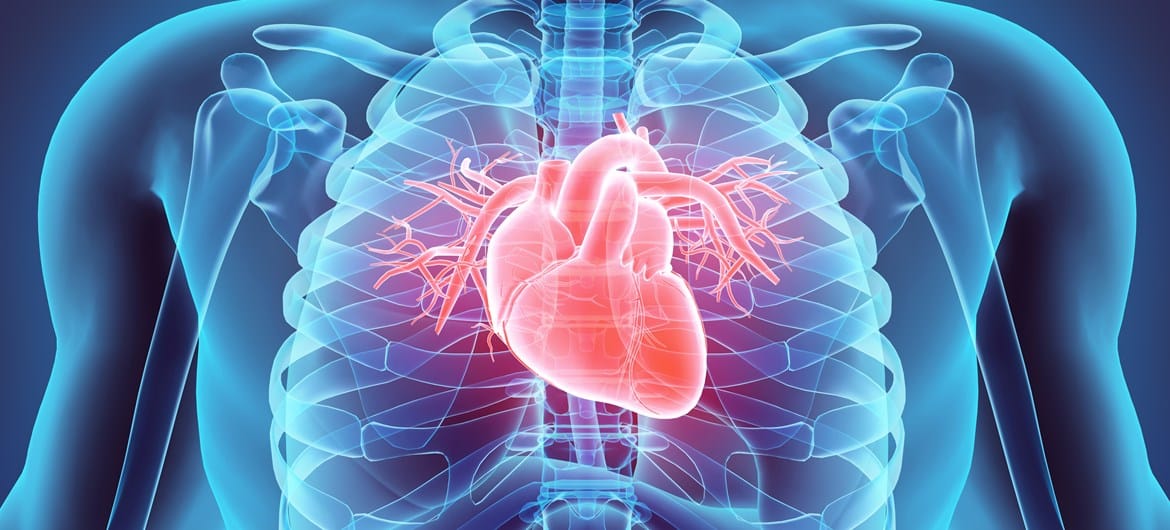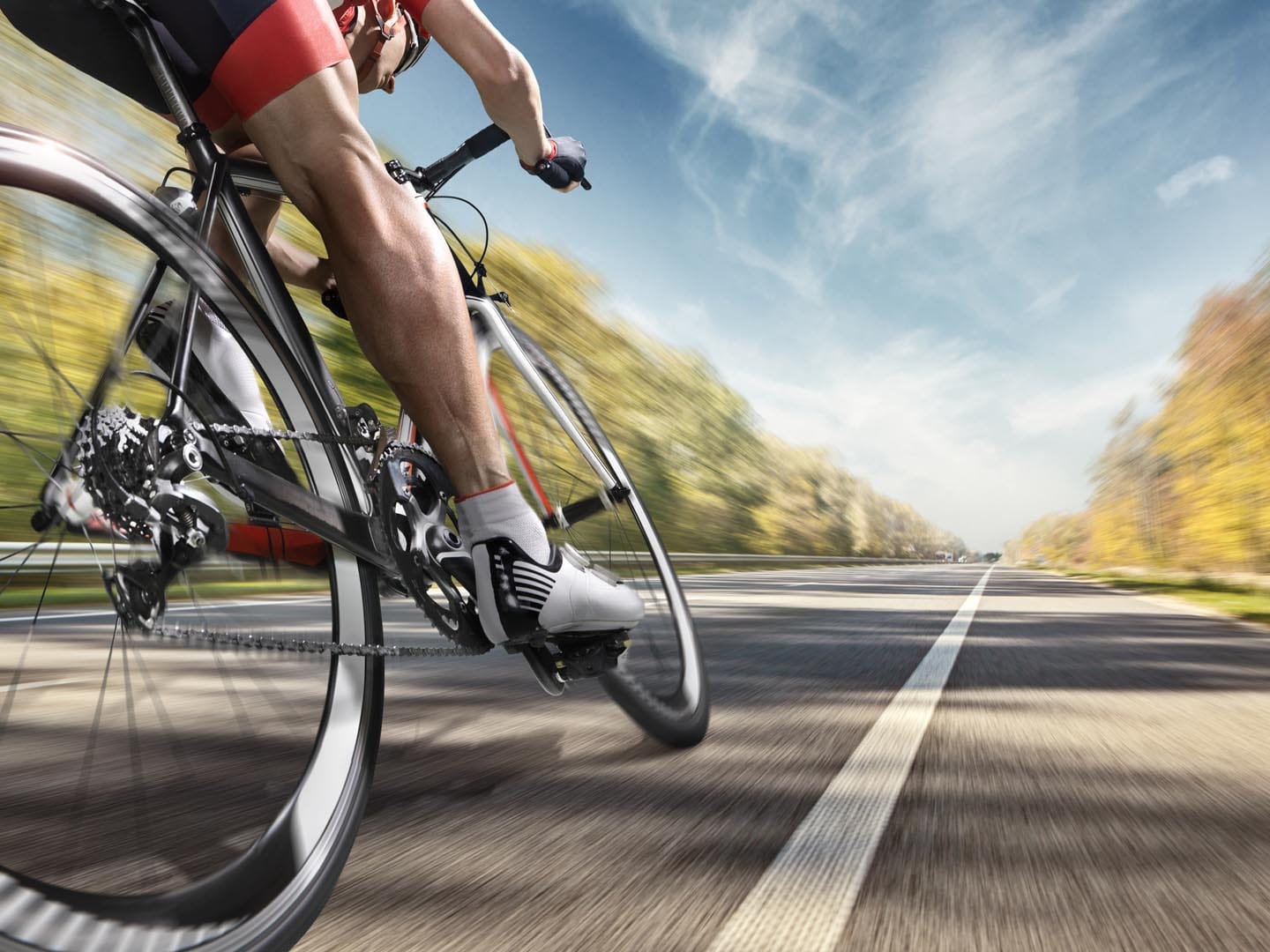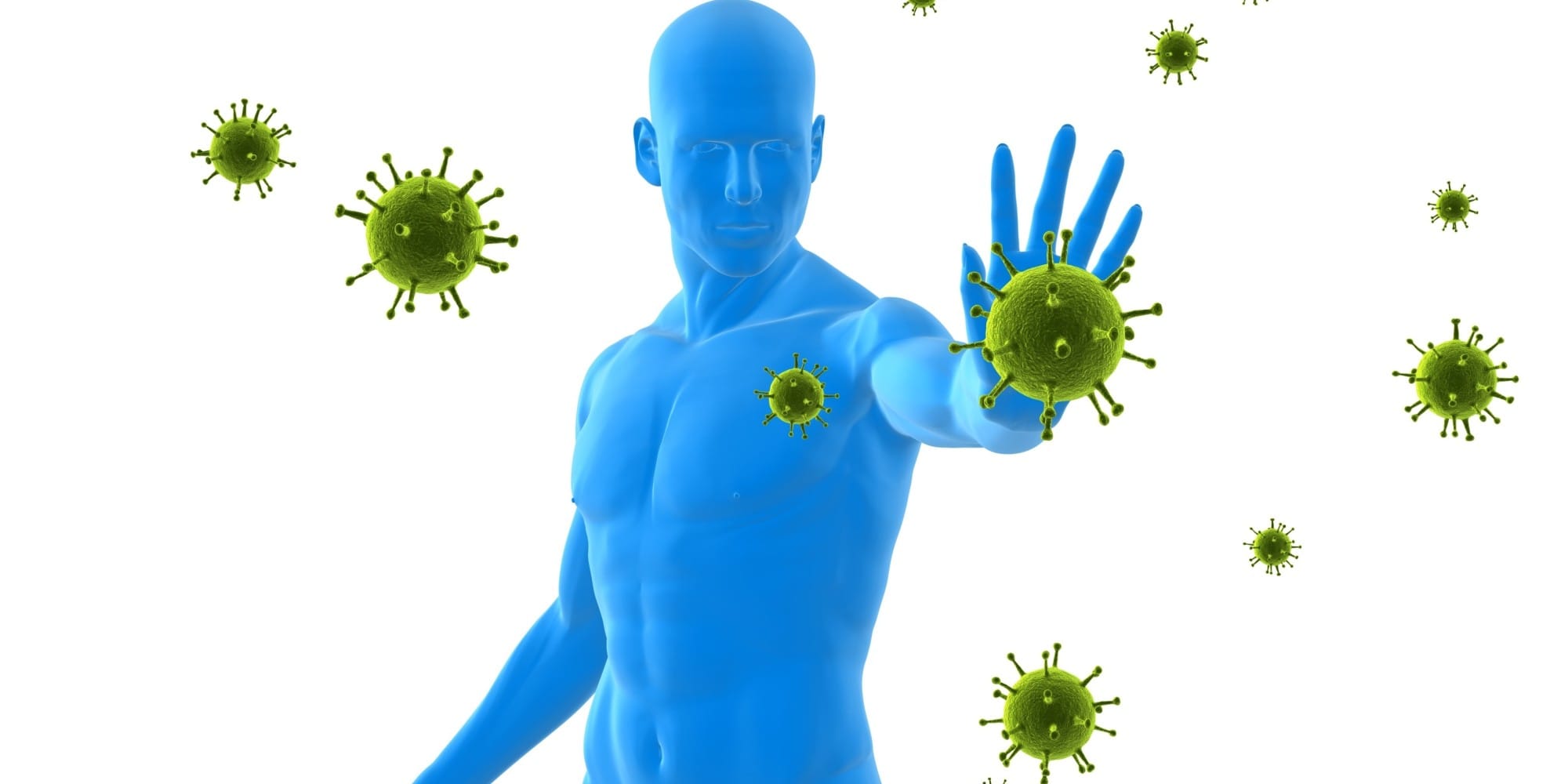We all know cycling can make us feel alive – working up a good sweat, feeling the wind, and exploring new routes. But specifically, how does cycling physically and mentally impact us? We scoured the internet and found the reasons why we feel the way we do when we bike!
Stronger Heart

Cycling gives your heart a serious workout. As you move forward in your cycling journey,your heart has to adjust to cycling longer,at higher speeds and tougher routes. Switching your heart’s gears (pun intended) helps the heart get stronger, and if maintained, can greatly reduce the risk of heart disease and lower your resting heart rate. A stronger heart not only benefits you while on the bike, it improves over all energy levels! GET RIDING!
It’s Easy On The Joints.

When you sit on a bike, you put your weight on a pair of bones in the pelvis called the ischial tuberosities, unlike walking, when you put your weight on your legs. These pelvis bones are more equipped to handle the strain, while the leg bones experience more pressure while walking.
Cycling is good for your immune system

Cycling can give your immune system a SUPER boost, and could protect against certain kinds of cancers and general illness. So, kick your next flu bug to the curb and get on a bike!
You’ll Sleep More Deeply

Getting up early for a ride may hurt in the short term, but it’ll help you catch some quality zzzz’s when it’s time to hit the sack. Stanford University School of Medicine researchers asked sedentary insomnia sufferers to cycle for 20-30 minutes every other day. The result? The time required for the insomniacs to fall asleep was reduced by half, and sleep time increased by almost an hour!
Increase Your Brain Power

Looking to become a super genius? Ok, well maybe not, but Researchers from the University of Illinois found that a five percent improvement in cardio-respiratory fitness from cycling led to an improvement of up to 15 percent in mental tests. That’s because cycling helps build new brain cells in the hippocampus – the region responsible for memory, which deteriorates from the age of 30.
“It boosts blood flow and oxygen to the brain, which fires and regenerates receptors, explaining how exercise helps ward off Alzheimer’s,” says the study’s author, Professor Arthur Kramer.
Credits: thecyclingbug.co.uk – health.harvard.edu – seeker.com – bikeradar.com
- Destinations
- Activities
- Ask Questions
- Build Your Trip
- More Info
